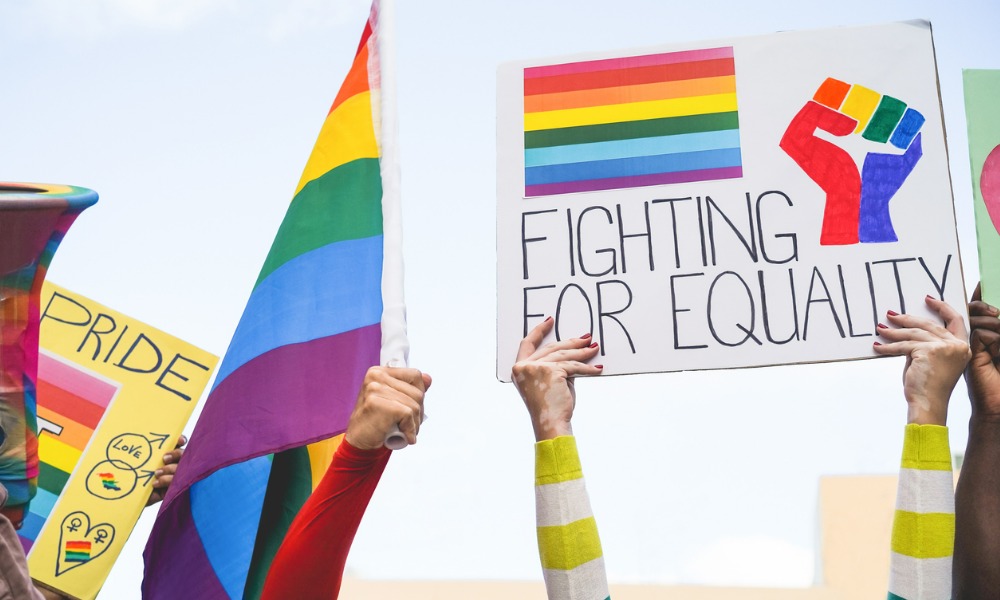
The bill had garnered the highest number of public submissions ever received for a proposed law

Parliament has approved on third and final reading a proposed bill prohibiting conversion practices, the Ministry of Justice announced.
The Conversion Practices Prohibition Legislation Bill seeks to ban conversion practices, which it defined as “a practice, sustained effort, or treatment that is directed towards someone because of their sexual orientation, gender identity, or gender expression and done with the intention of changing or suppressing their sexual orientation, gender identity, or gender expression.”
“Conversion practices have no place in modern New Zealand,” Minister of Justice Kris Faafoi said. “In banning conversion practices in New Zealand, we join other countries around the world in sending a clear message that all people, including young people, deserve to be protected, no matter their sexual orientation, gender identity or gender expression.”
The justice ministry reported that it received nearly 107,000 public submissions on the bill – the highest number of public submissions ever received for a proposed bill.
“The unprecedented number of submissions shows the depth of public feeling about this issue and strong support for the government’s moves to protect against these harmful practices,” Faafoi said.
Pursuant to the bill, any person who performs conversion practices on a child or young person aged under 18 or someone with impaired decision-making capacity can be imprisoned for up to three years. Moreover, any person who performs conversion practices on anyone where the practices have caused serious harm can be sentenced to a maximum of five years, regardless of age.
To address complaints that are not suitable for criminal proceedings, the legislation contains civil provisions allowing victims to seek civil remedy from the Human Rights Commission and the Human Rights Review Tribunal. The bill will also require the Human Rights Commission to provide education about conversion practices and help victims access support they may need.
Nonetheless, the Conversion Practices Prohibition Legislation Bill will not apply to any person providing help and support to someone wrestling with their sexuality.
The criminal provisions of the bill will come into force after receiving royal assent, while provisions on civil remedy will take effect six months following royal assent.